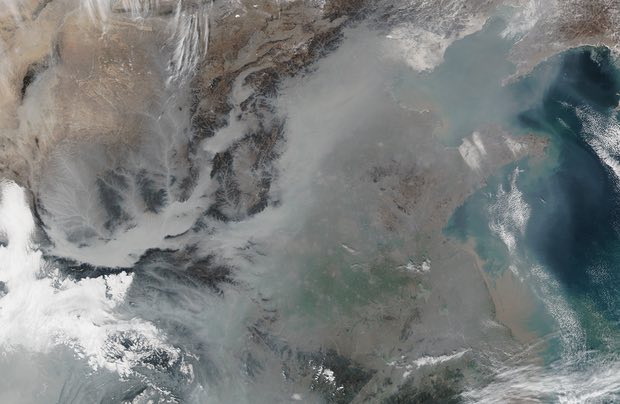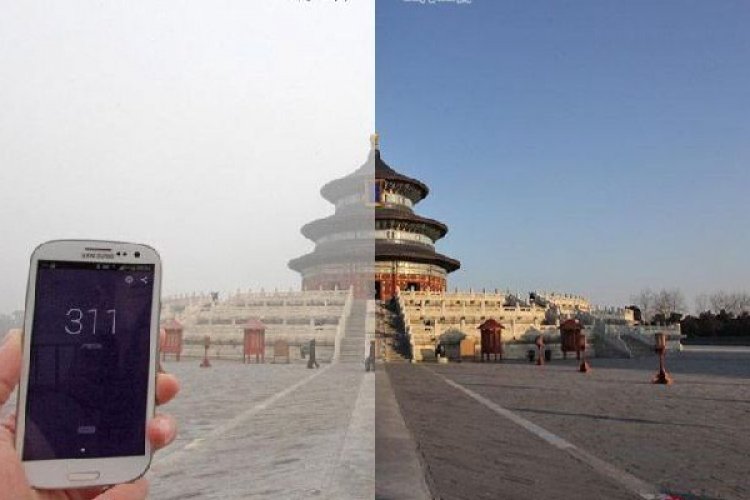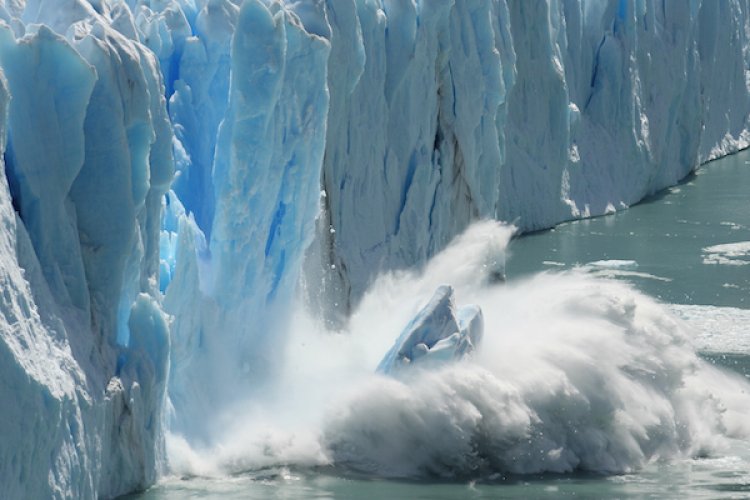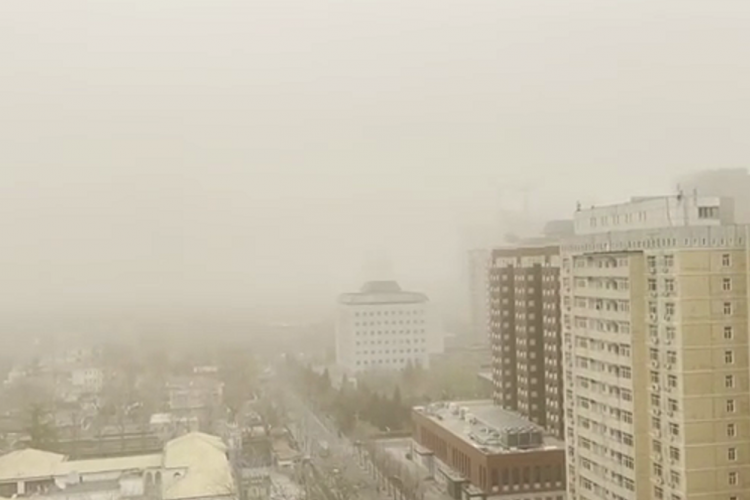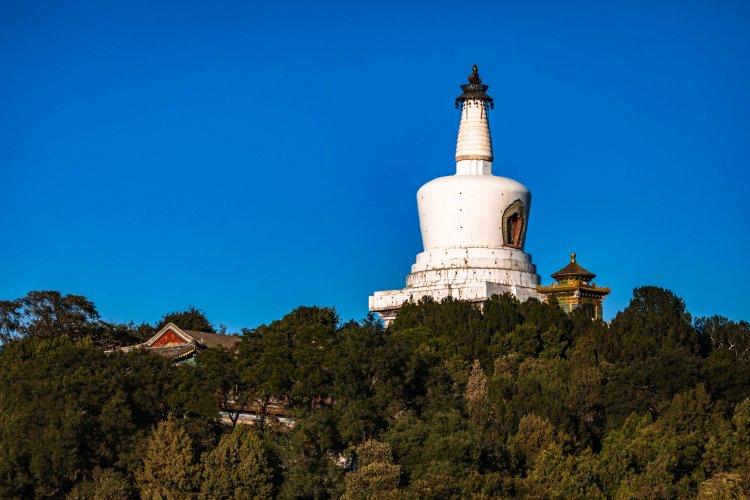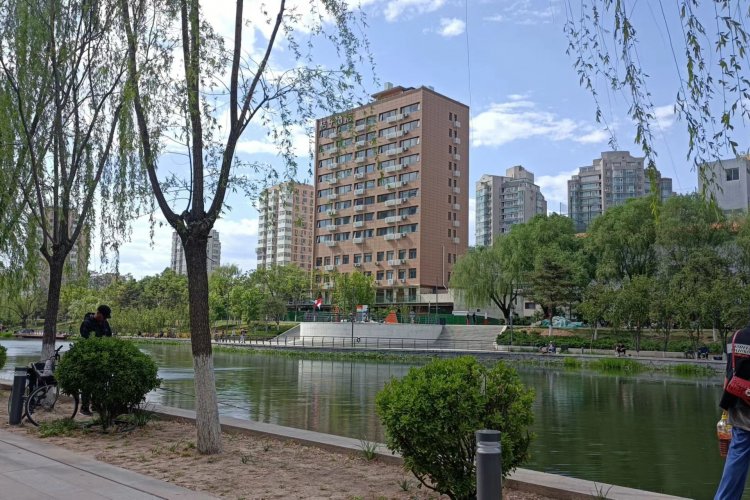Melting Polar Ice Caps Mean That Beijing is in for Many More Airpocalypses, Experts Warn
If you think Beijing's horrendous pollution levels couldn't get any worse, then brace yourself for more bad news. Yep, the capital's dismal air quality is linked to the fate of the melting ice caps.
A new study (via The Guardian) has found that a lack of wind in Beijing is part of a chain reaction of shifting weather patterns, leading back to rapidly dissolving Arctic ice and higher amounts of snow in Siberia. The source: climate change, unsurprisingly. And the result for Beijingers? Fewer puffs of merciful wind to clear away lingering pesky PM2.5 particles and haze.
Georgia Institute of Technology Professor Yuhang Wang, who helmed the study, says that the increased Arctic heat and greater Siberian snow is trapping winter gusts that typically reach northern China and blow pollution away. He added: “The very rapid change in polar warming is really having a large impact on China ... Emissions in China have been decreasing over the last four years, but the severe winter haze is not getting better.”

Another Guardian article details how "Tropical forest conservation and restoration could constitute half of the global warming solution," leaving us with at least some semblance of hope although don't expect the negative consequences of global warming to reverse any time soon.
READ: Research Finds B Vitamins May Protect Against Air Pollution: Where to Eat Your Daily Intake
This news comes after a winter forecast as the coldest since 2012, but from which we emerged relatively unscathed, with temperatures averaging close to 5 degrees Celsius higher overall (see 2012 verses 2016). To put that in perspective, "2012-2013 presented the lowest national average temperatures in 28 years, closing highways, canceling flights, stranding tourists, and knocking out power in provinces throughout the country." Luckily we avoided most of that chaos.
Wang's team published their research about northern China's increased winter smog and lack of wind in the journal Science Advances, which you can read more of here. Given that the fate of the ice caps affects us all, you can take action and read up on ways to save Arctic on the World Wildlife Fund's (WWF) excellent website.
More stories by this author here.
Email: kylemullin@truerun.com
Twitter: @MulKyle
WeChat: 13263495040
Photos: VIIRS/Suomi NPP/Nasa (via The Guardian), Huffington Post

